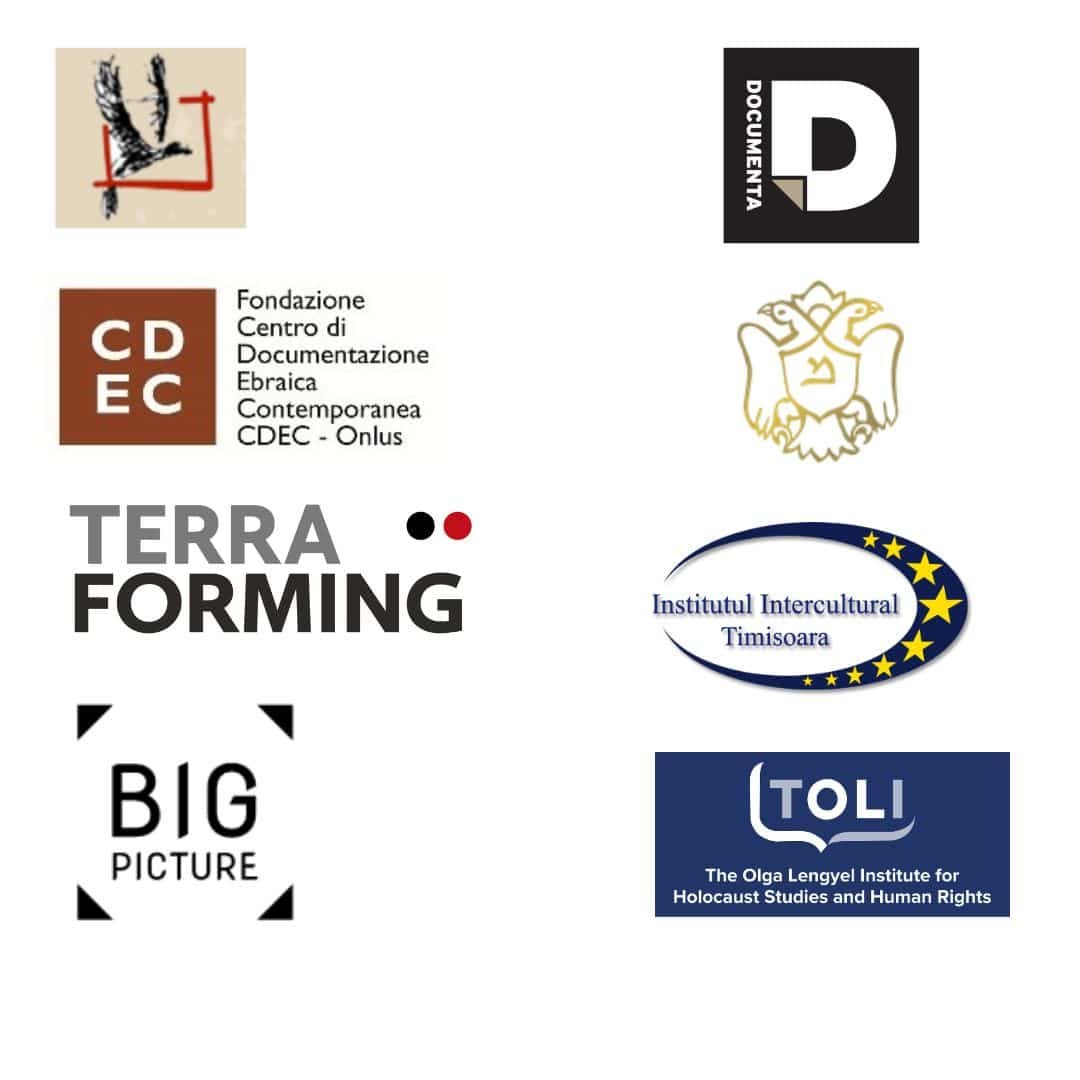CARE: Combating Holocaust Denial and Distortion through Active Citizenship, Remembrance and Education
The project, which is co-financed by the European Union through the CERV program, is being implemented in the period 1. March 2024 – 28 February 2026 .
The goal of the project is to develop a network of educators and young activists of the culture of memory, who will be involved in the prevention and fight against the denial and distortion of the Holocaust, with the aim of creating a framework for intercultural dialogue and active citizenship.
The project will offer a number of opportunities for professional development to educators from Greece, Croatia, Italy, Lithuania, Poland, Romania and Serbia. Between 30 and 35 teachers and other education professionals will attend the 4-day seminars in each of these countries. They will later implement projects based on local history with the students. Through learning and research, students will gain new knowledge about history in their environment, and share it in creative ways with a wider audience. They will also learn how to identify and respond to manifestations of Holocaust denial and distortion on the Internet. Later, students will have the opportunity to share their experiences of online monitoring and implementation of local history projects at an international conference. Through this process, the project will enable the creation of a European network of young ambassadors of the culture of remembrance and active citizenship.
The most active teachers, together with other educational professionals of civil society and public administration from ten countries, will participate in an international conference in Lithuania, where they will share with their colleagues the experiences of working with students through an interdisciplinary approach to learning about the Holocaust and promoting human rights. This meeting will discuss concrete steps towards the consolidation and expansion of the European Network of Holocaust and Human Rights Educators, as well as ways to influence political decision makers in the context of the culture of remembrance.
Two publications will emerge from this project: a brochure that will present local projects that will inspire other young ambassadors to promote a culture of remembrance and act for democracy; and a teacher’s handbook on women in the resistance movement.
The project was co-financed by the CERV program of the European Union within the CARE project – Combating denial and distortion of the Holocaust through active citizenship, memory and education.
The project partners are:
Intercultural Institute Timisoara ;
Documenta ;
Jewish Museum of Greece ;
CDEC Foundation, Italy;
International Commission for the Evaluation of the Crimes of the Nazi and Soviet Occupation Regime in Lithuania ;
Big Picture , Poland ;
Terraforming, Serbia.
The project is co-financed by TOLI – the Olga Lengel Institute for Holocaust and Human Rights Studies, known for its interdisciplinary approach to teaching about the Holocaust and human rights.



